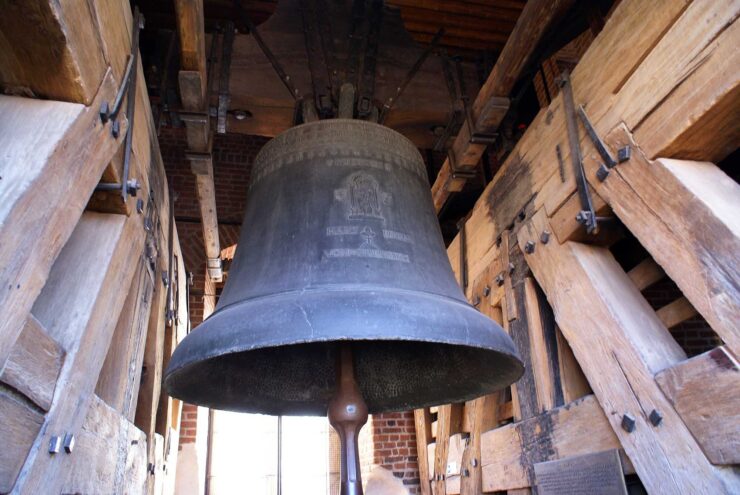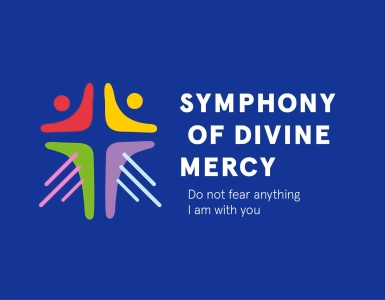He knew Latin very well and writing a text did not cause him any problems. It was a program speech in which he was to outline the main directions of the pontificate and the tasks which he was to carry out by God’s will. Among the main objectives were: implementation of council assumptions, openness to the world, the current situation of the Church, ecumenism. After supper, I returned to the Polish College. None of us fell asleep. Together with other priests, we spent the night commenting on the big event. Through the radio we tried to find out how Krakow and other Polish cities reacted. We have heard about great joy and emotion, about prayers, vigils in churches, about Masses, about beating bells. On Wawel, the dignified Sigismund’s Bell was striking, which happened in completely exceptional situations. Some, however, had no reason to rejoice, they were literally shocked at the news of the choice of Metropolitan of Krakow. The news was delayed in Poland because the party’s Central Committee did not know how to give it, how to prevent an avalanche of consequences. Not only in Poland, but throughout the communist world, especially in the Kremlin, the upheaval was huge. For ten days in the Soviet Empire there was absolute silence. No reaction. No comment. History took improbable retaliation over those who were convinced that they would be able to erase God from man’s life. When Cardinal Wojtyla left for the conclave, the communist authorities took away his diplomatic passport, issuing a regular tourist passport instead. One provincial party member said: “Let him go, we will deal with him when he returns.” I wonder what the zealous officer thought when he saw the Cardinal in a white robe.
With the consent of Cardinal Stanisław Dziwisz – “Testimony”.
TBA marketing communication Publishing House. Warsaw 2007





